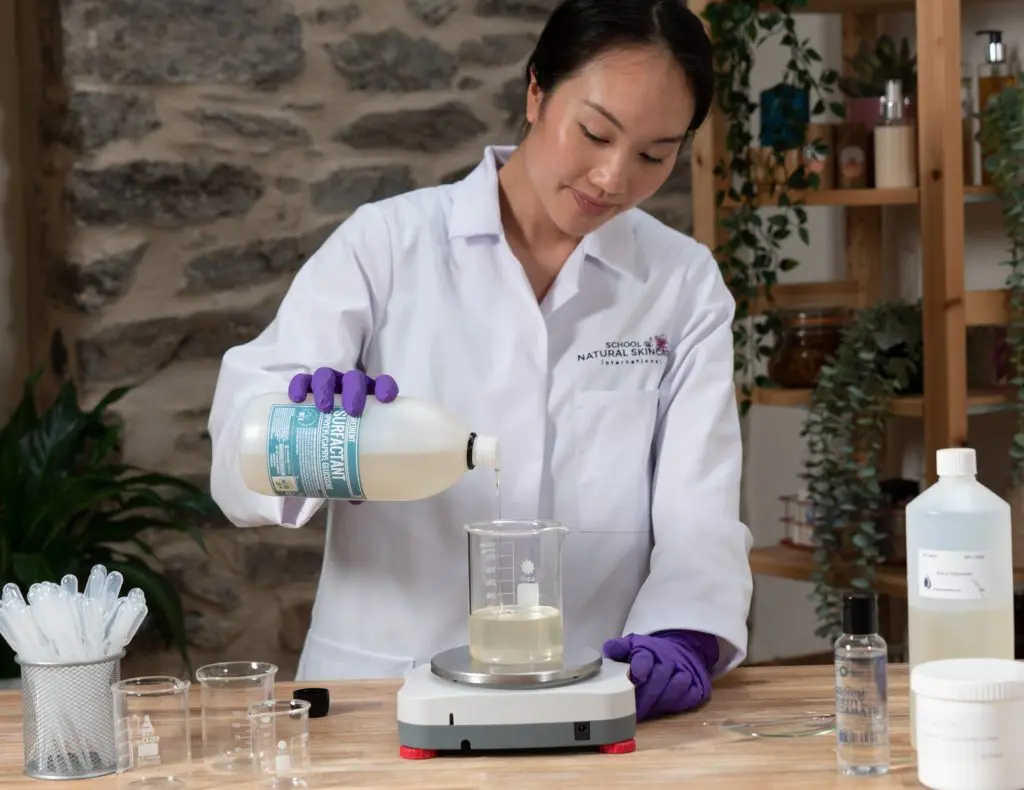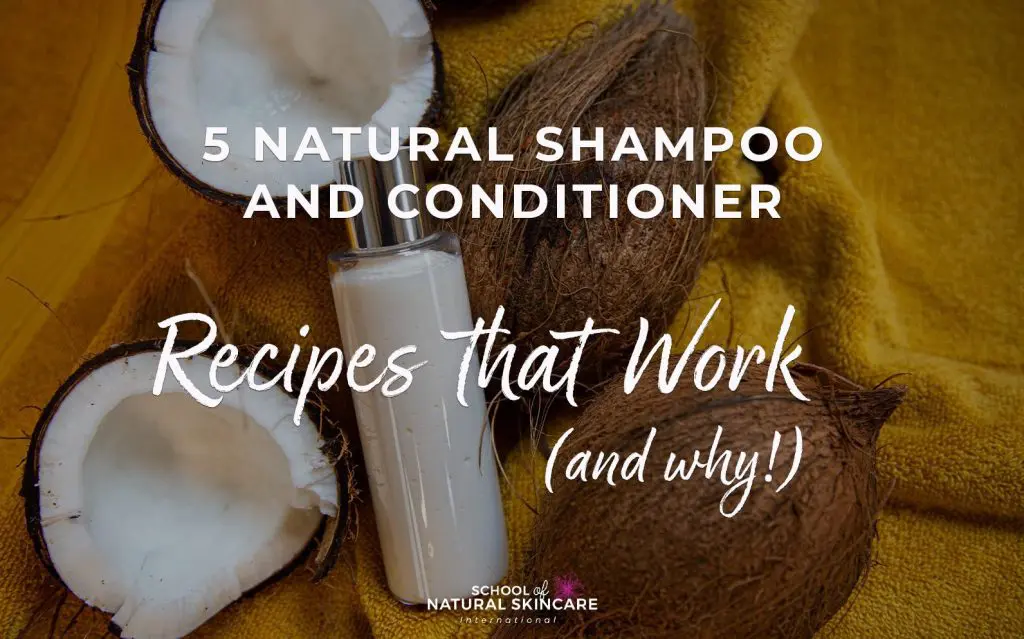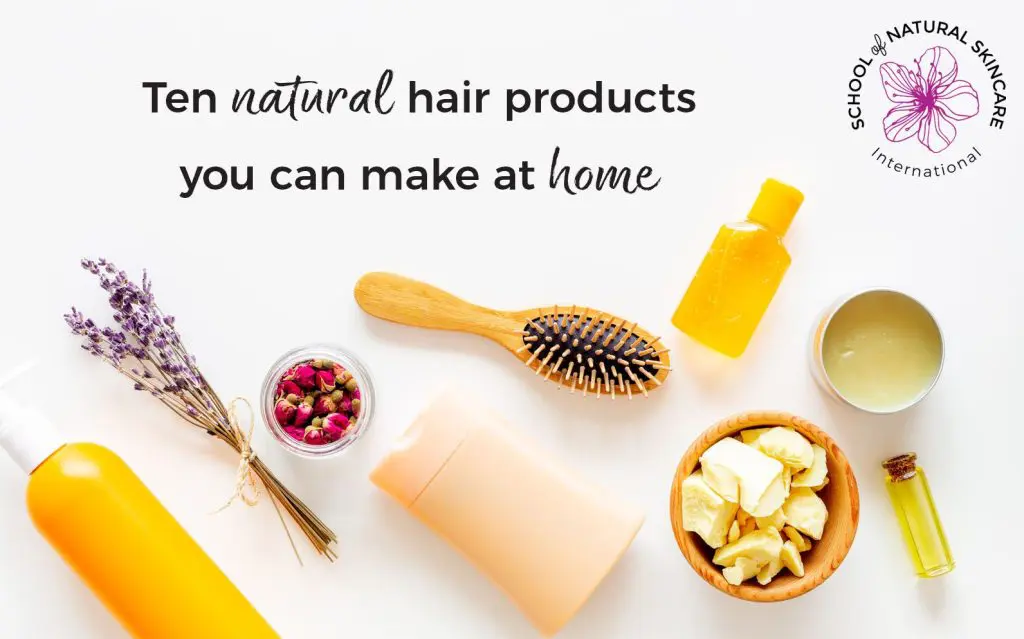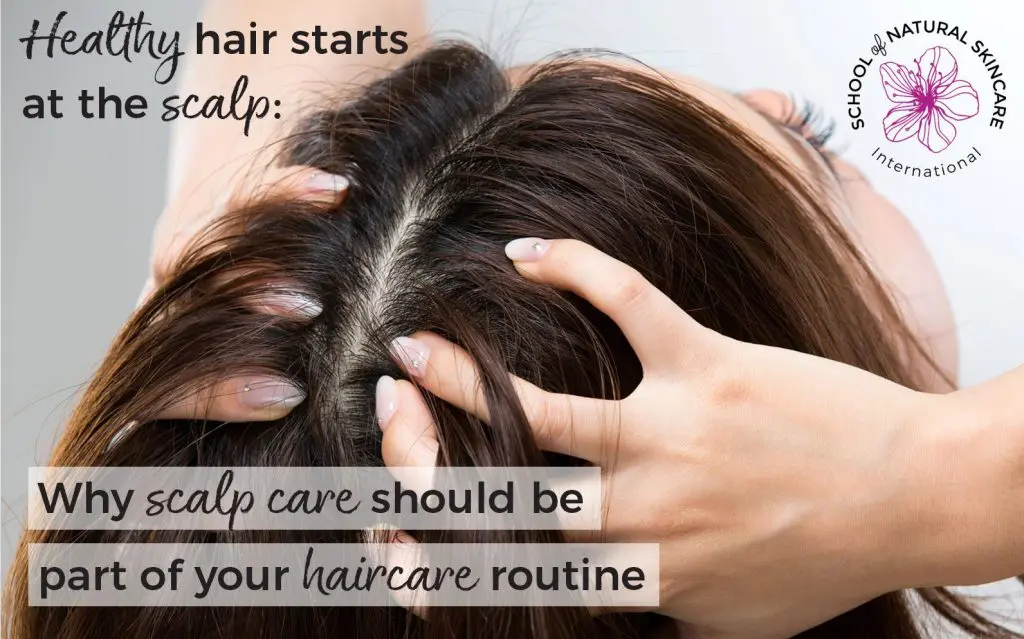When it comes to anything you apply to your hair, scalp, or skin, having the proper pH is incredibly important. But, it’s often overlooked, especially in DIY recipes. While most of the recipes you might encounter online aren’t going to be too bad for your hair and scalp, they might not be great for it, either—especially over an extended period of time.
When we ran our last detox challenge, we had quite a few people comment that they either didn’t know how to find out what pH their current products were, or didn’t see the significance of testing. We wanted to address the subject of pH, specifically covering hair care products, to help people understand why it’s so important to know.

What’s pH, And Why Is It Important For Hair Care?
Put quite simply, pH is a scale of how acidic something is. It goes from 0, the most acidic, to 14, the most basic (or alkaline.) pH can only be measured in water-based solutions; oil-based products don’t have a pH. Products that are considered neutral have a pH that’s right in the middle of the scale, usually around a 7.
When it comes to skin care, products that are too acidic (with a pH below 2.5) or too alkaline / basic (with a pH above 10) can be extremely irritating to the skin, and can even cause a burning sensation. The typical skin pH is somewhere around 5.5. As we’ve shared before, skin is alive, and hair is dead; this means that skin can balance itself back to a healthier pH, after a soap or other topical treatment has been applied, while hair cannot. You still want to be safe, and formulate skin care products that are within a reasonable pH range.
Hair, however, is not skin. It can’t repair itself the way skin does, or heal from damage resulting from products that are too acidic, or too alkaline. This makes pH extremely important for your hair care products! With products that are the incorrect pH, the hair’s cuticle will not be closed, leading to staticy, easily-tangled hair that is difficult to style and comb, and much more prone to damage. In fact, one of the most common sources of damage to hair is due to using products with an incorrect pH.
But of course, you don’t want damaged hair! You want radiant, healthy-looking hair that feels nice, soft, and smooth. You want hair that is as healthy as it can be. To help you with that goal, you absolutely must be nurturing it and looking after it—and that means you need to make sure you are using the right products, with the right ingredients, and the right pH. The scalp pH is around 5.0 and the hair shaft pH is 3.67. This means that we will adjust the pH of our haircare products to be in a slightly acidic range, typically around 5.0.
How Do I Test The pH Of My Products?
Great! So… what do you do with this information? Now that you know what pH is, and why it’s so important for your hair care, how on earth do you go about checking the pH of your products—whether homemade or store-bought? Fortunately, it’s not as complicated as you might think. Even though it might sound quite scientific, it’s very easy to test—even if science is not your best subject!
The great news is, you can measure pH quite easily at home. The simplest and cheapest method is using paper pH test strips, which come with a color guide. Simply dip the strip into the product, compare the resulting color to the chart, and you’ve got a reading. These strips are usually available in all sorts of places, from craft stores to toy shops to pet stores, and also online. However, while they are cheap and very easy to use, they are a little less precise.
Another method of testing pH is to use a pH meter. You dip the electrode into the product and read the measurement. You may need to dilute the product if it’s quite thick. These meters are a bit more expensive, but much more accurate. If you cannot find one locally, a pH meter can be purchased from an online shop, such as Lotioncrafter.
Ready To Test? Let’s Try It Out!
It’s so easy to get started—and since avoiding products with an incorrect pH is so crucial for your hair’s health, it’s such a simple change to make, too! Go out and get yourself some pH test strips, or a meter, and start testing your own hair care products. What do you find? What surprises you? Is there anything that is outside of that 4–7 range? If so, it might be time to make a change!
And, of course, even if the pH of your hair care products is roughly correct, there can still be other factors that influence the health of your hair. There might be other products you wish to avoid, and switching to more natural products is a great first step. As we’ve shared in previous articles, there are plenty of ingredients in commercially-available products which you might want to detox from your routines. Go ahead and check that one out, and see what else you can spot on your ingredient list! You might be surprised at what you find!
But ultimately, the only way you’ll truly know if your products are right for you is to make them yourself! Making your own shampoos and conditioners is not as difficult as you might think. You just need the right instruction. That’s what we teach in our Diploma in Natural Haircare Formulation. Go ahead and check it out! You’ll learn the way professional formulators create their natural and organic products, custom-crafted to meet your hair’s needs and treat your specific concerns.
Free Training
Become a Natural Haircare Formulator
There are so many myths and mistakes online about haircare formulation—many of which can actually damage your hair.
Learn the professional way to formulate natural and organic haircare products with our free email training series.

Exclusive for our newsletter subscribers. Sign up now!
We look after your data in accordance with our privacy policy.
What you’ll learn:
- The essential ingredient you must include in a shampoo.
- Five natural shampoo recipes that won’t work and why.
- How to avoid SLS – and gentle, natural alternatives.
- The difference between making haircare products and skincare products.
- How NOT to make your own shampoo and conditioner bars.
Exclusive for our newsletter subscribers. Sign up now!
Liked learning about pH? Save this image below on Pinterest so you can be sure to remember!





